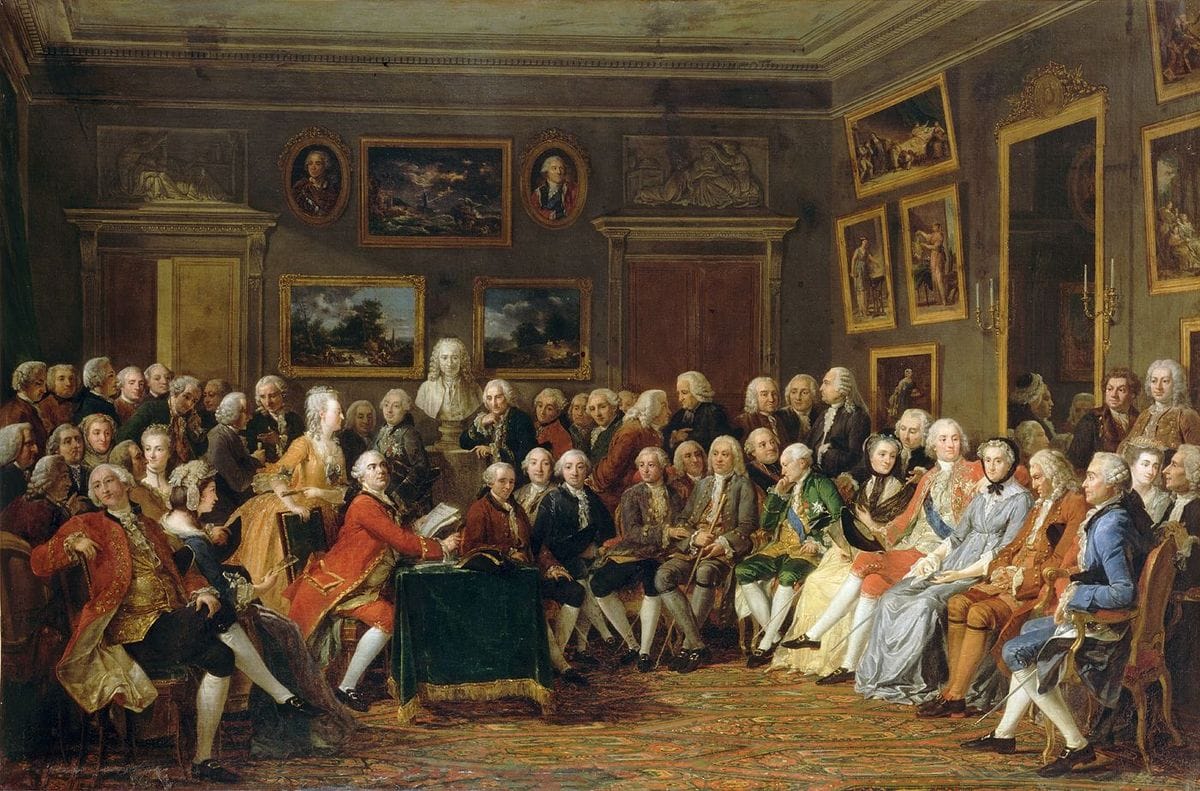The Evolution of Knowledge Production
From ancient beliefs to today's complex scientific and social theories, the way we produce and validate knowledge has undergone a dramatic transformation.

Ever wondered how our understanding of the world around us has evolved? From ancient beliefs to today's complex scientific and social theories, the way we produce and validate knowledge has undergone a dramatic transformation. This blog post will take you on a journey through this fascinating evolution, drawing insights from the book "Knowledge and Postmodernism in Historical Perspective".
The Dawn of Modernity: The Scientific Revolution
Our story begins in the seventeenth century, a period marked by revolutionary changes in how people thought about reality. This era, known as the Scientific Revolution, saw a decisive break from the natural philosophy of the ancient Greeks. Instead of relying on established authorities like Aristotle, thinkers began to interrogate nature directly.
Figures like Francis Bacon championed a new approach focused on experiment and induction. He argued that knowledge should aim for the "improvement of man's estate", suggesting that science, or natural philosophy as it was then called, could be used for practical benefit. Bacon stressed the importance of published, accessible knowledge, a departure from the secretive practices of earlier times, inviting all with reason to learn from experience. He believed that our subjective senses could reveal objective reality.
Around the same time, René Descartes emphasised the importance of methodical reasoning. Meanwhile, John Locke introduced the influential idea of the mind as a "tabula rasa" or blank slate at birth. This suggested that knowledge comes primarily from sensory experience and that education and environment play crucial roles in shaping our understanding. This idea fuelled a growing belief in the potential for human progress.

The Enlightenment: Reason and Reform
Building on the successes of the Scientific Revolution, the eighteenth century witnessed the Enlightenment. Thinkers began to apply the principles of scientific inquiry to understand economics, politics, and society. There was a growing confidence in human reason as a tool for emancipation from ignorance and oppression.
Immanuel Kant famously defined Enlightenment as "man's release from his self-incurred tutelage", urging people to "have courage to use your own reason!". This emphasis on free thought and reason within the public sphere became a defining characteristic of the era.
Nineteenth-Century Social Theory: The Rise of "Isms"
The nineteenth century saw the emergence of grand social theories attempting to explain the rapid social and technological changes of the time. Fueled by the idea of progress, thinkers sought to understand the forces driving history and society.
Charles Darwin's theory of evolution, with its concept of natural selection, had a profound impact, leading to Social Darwinism, which controversially applied evolutionary principles to societies. Karl Marx offered a critical analysis of political economy, focusing on material interests and societal structures. Max Weber highlighted the role of cultural factors, such as the Protestant ethic, in the development of capitalism.
This period also saw the development of the concept of culture, particularly through the work of Franz Boas. Boas challenged the ethnocentric views prevalent in Social Darwinism, arguing that all societies have complex cultures and that understanding requires local studies.
The Twentieth Century and the Postmodern Turn: Questioning Objective Truth
The twentieth century brought significant challenges to the assumptions of modernity. The horrors of the World Wars, coupled with the complexities of modern life, led many to question the unwavering faith in progress.
Thomas Kuhn's work on "The Structure of Scientific Revolutions" argued that science does not progress in a linear accumulation of knowledge but through paradigm shifts – fundamental changes in the way scientists view the world. This suggested that even scientific "truth" could be relative to a particular paradigm.
Thinkers like Ferdinand de Saussure in linguistics highlighted that language is a socially created system of signs that relates to reality indirectly, shifting the focus from objective designation to meaning.
These developments paved the way for postmodernism, an intellectual phenomenon that gained prominence in the last quarter of the twentieth century. Postmodern thought is characterised by growing scepticism about objective truths. It questions the "Enlightenment Project" with its emphasis on reason, progress, and individual autonomy.
Postmodernists like Michel Foucault explored how knowledge and power are intertwined, arguing that what counts as knowledge is often determined by those in power. Jacques Derrida questioned the very existence of stable meaning and the ability of language to accurately represent the external world. They saw the world less as a "free-standing reality" and more as a "social construction" shaped by our interpretations. The idea of grand narratives, such as the narrative of progress, came under scrutiny.
However, the rise of postmodernism was not without its critics. Thinkers like Jürgen Habermas defended the "Enlightenment Project", arguing for the continued importance of reason and a theory of knowledge built upon social practice.
Conclusion: An Ongoing Dialogue
The evolution of knowledge production is a dynamic and ongoing process. From the initial excitement of the Scientific Revolution and the Enlightenment's faith in reason, through the grand theories of the nineteenth century, to the postmodern questioning of objective truth, our understanding of how we know has been constantly reshaped. The debates between modern and postmodern perspectives continue to influence how we approach knowledge and its role in our lives. Understanding this historical trajectory is crucial for navigating the complex landscape of knowledge in our own "post" era.
Reference
Appleby, Joyce, et al., editors. Knowledge and Postmodernism in Historical Perspective. Routledge, 1996.
